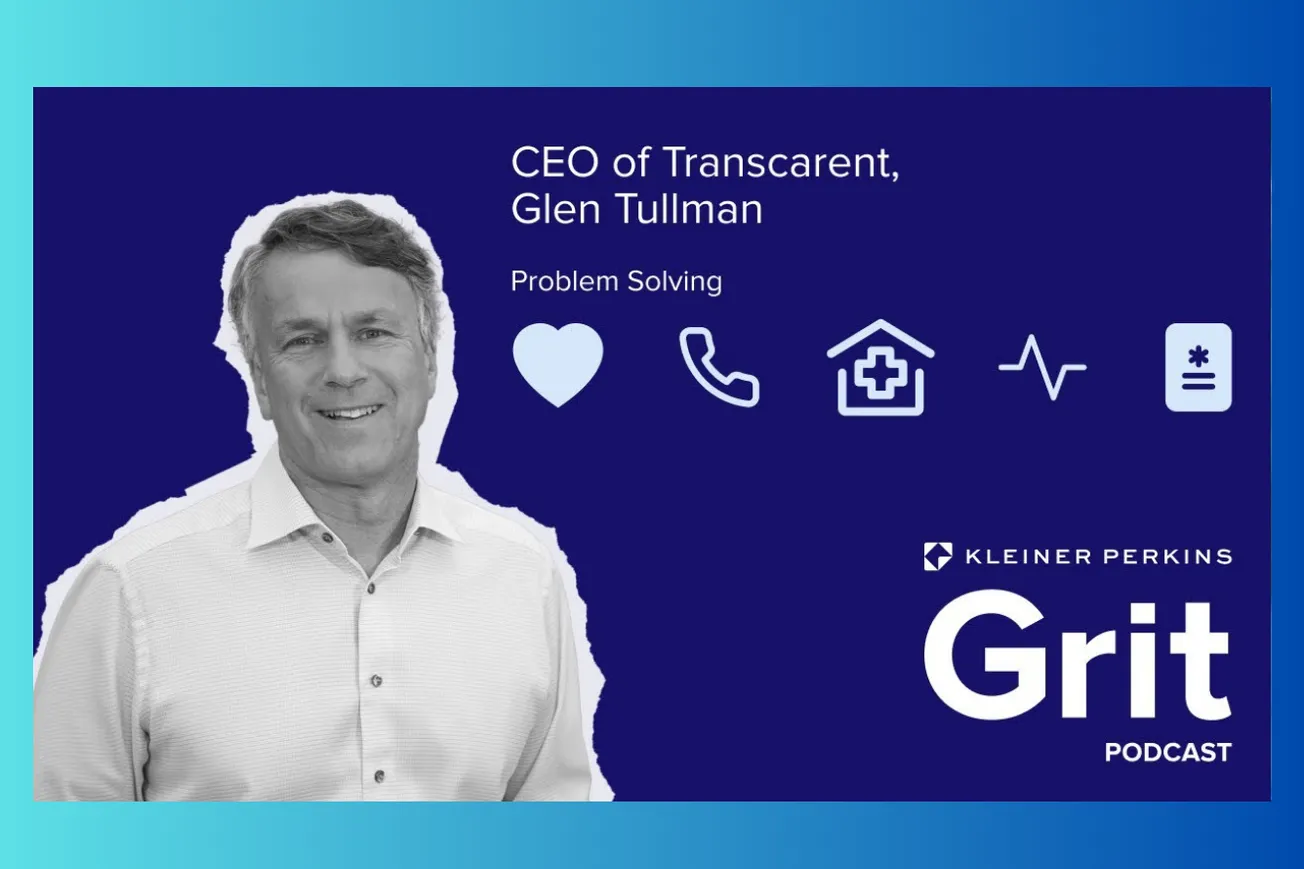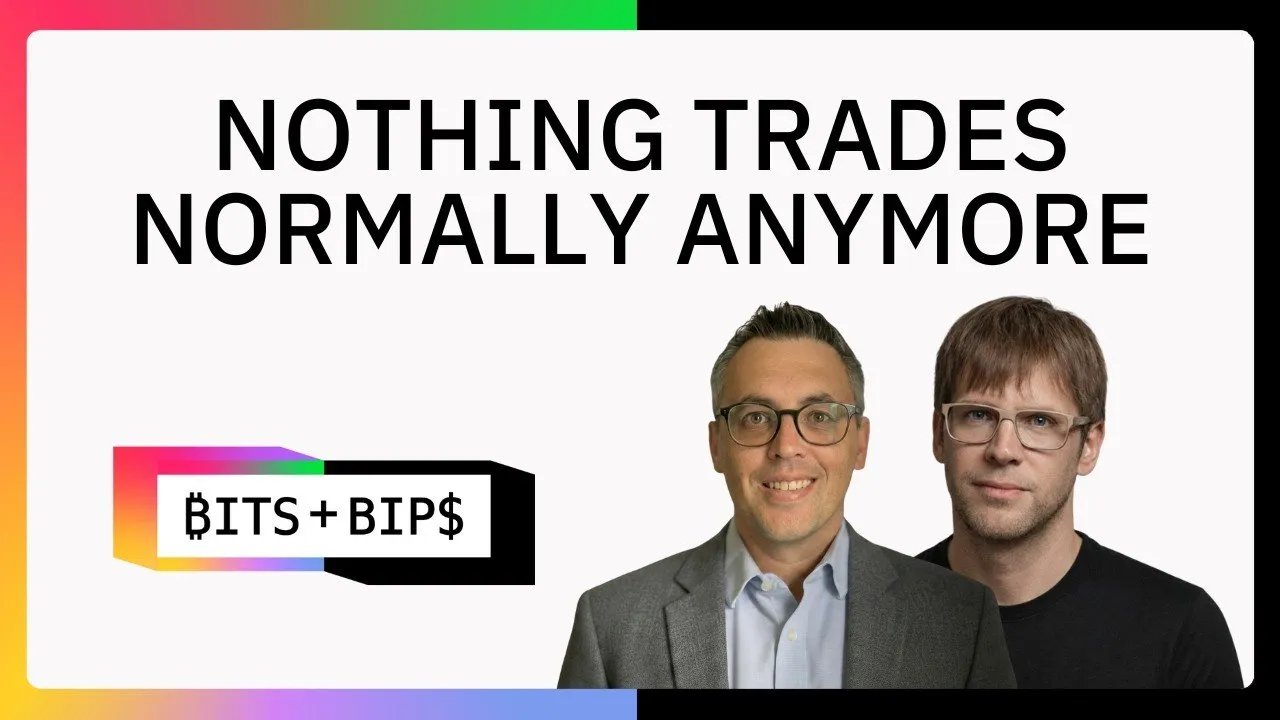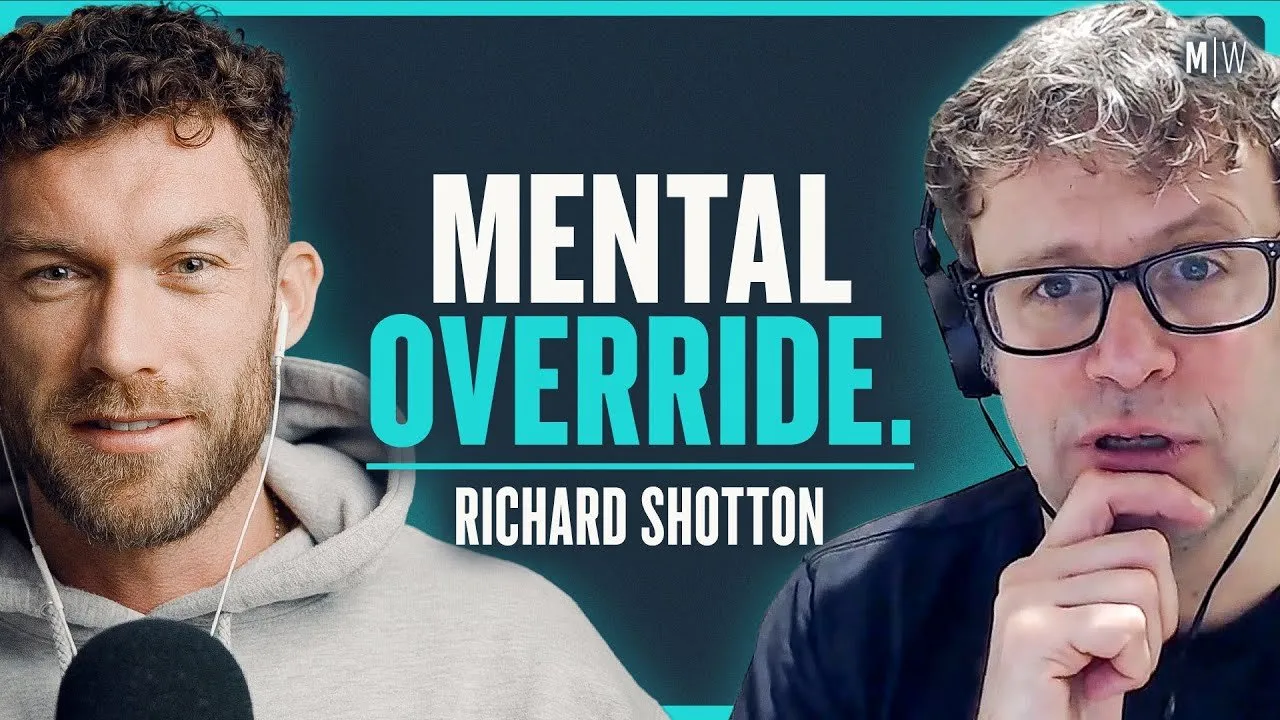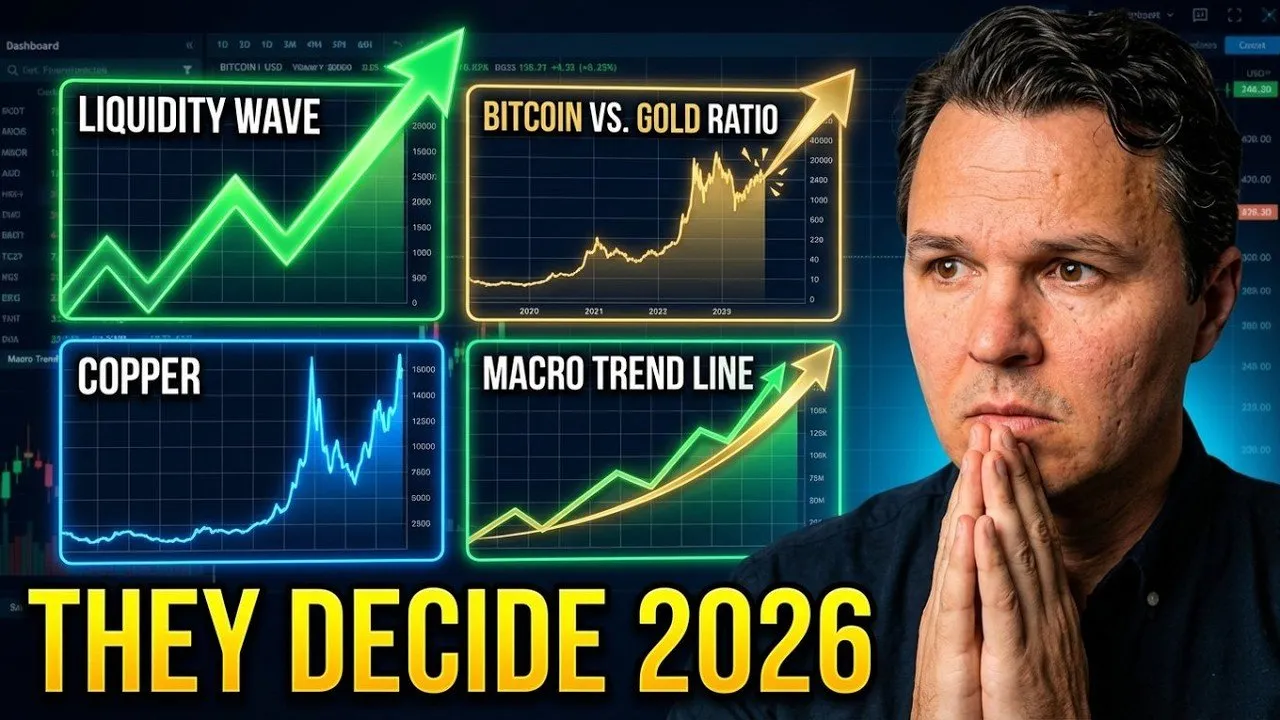Table of Contents
Glen Tullman's relentless approach to healthcare transformation reveals how moral mission, radical transparency, and systematic problem-solving create sustainable competitive advantages while driving industry-wide change.
Key Takeaways
- Tullman operates with a clear hierarchy: "Our members are first, our clients are second, our people are third, our community is fourth, and our investors are fifth"
- His philosophy of "hire low, fire high" means never competing on salary while providing generous packages when letting people go to maintain industry relationships
- Despite selling Livongo for $18.6 billion, Tullman admits he wouldn't do the merger again due to leadership failures, demonstrating commitment to values over financial outcomes
- He practices radical transparency by forwarding emails about employees directly to them, eliminating political dynamics while accelerating organizational learning
- Tullman's motivation stems from a professor's challenge: "We didn't educate you to make money, we educated you to make a difference"
- His approach to healthcare focuses on "health" rather than "healthcare," emphasizing prevention and accessibility through technology integration
- The entrepreneur maintains extraordinary energy through 4-5 hours of sleep, constant travel, and viewing work as energizing rather than draining when solving meaningful problems
Timeline Overview
- 01:11–09:03 — Current Portfolio Management: Splitting time between Transcarent, Seven Wire Ventures, political operations, and $30 million annual family foundation giving
- 09:03–18:00 — Livongo Merger Regrets: Reflecting on $18.6 billion Teladoc merger that didn't follow planned integration, resulting in leadership departure and missed potential
- 18:00–25:29 — Problem-Solving Philosophy: Drawing energy from big healthcare challenges, maintaining forward focus, and treating business building as moral imperative
- 25:29–33:48 — Systems Disruption Strategy: Approaching healthcare transformation like previous industries, requiring expectation changes and systematic resistance to status quo
- 33:48–42:52 — Career Pivot Moment: Professor's challenge about making difference rather than money, leading to diabetes focus after family diagnoses and industry involvement
- 42:52–53:04 — Management Philosophy: "Hire low, fire high" approach, radical transparency practices, and creating learning-oriented culture through direct feedback
- 53:04–01:00:55 — Community Impact: Anonymous charitable giving until fundraising required visibility, supporting diabetes research, and creating company-wide charitable participation
- 01:00:55–01:12:32 — Personal Life Integration: Family prioritization strategies, work-life integration rather than balance, and maintaining relationships through values-first approach
- 01:12:32–01:17:32 — Optimization Habits: Sleeping 4-5 hours nightly, conducting meetings on Peloton, and viewing sleep as obstacle to productivity and learning
- 01:17:32–01:28:05 — Resource Allocation: Trading money for time through private aviation, accelerating IPO timelines regardless of cost, and prioritizing speed over savings
</details>
Moral Mission as Sustainable Competitive Advantage
Glen Tullman's entrepreneurial drive centers on a foundational belief that business success must serve broader social good, creating sustainable motivation and stakeholder alignment that transcends pure financial optimization. This philosophy emerged from a pivotal conversation with his Bucknell University professor who challenged him: "We didn't educate you to make money, we educated you to make a difference."
This moral framework provides several competitive advantages in healthcare entrepreneurship. First, it attracts top talent willing to accept lower compensation for meaningful work. "A lot of their best people who've done well want to make a difference now. They don't want to do another spreadsheet or search engine or game. They want to do something that matters." This talent arbitrage enables Tullman to build superior teams while maintaining cost efficiency.
Second, the mission-driven approach creates customer loyalty and market trust essential for healthcare transformation. "Our members are first, our clients are second, our people are third, our community is fourth, and our investors are fifth. If we take care of each one in that order, we'll have a successful company." This stakeholder hierarchy guides decision-making while building sustainable relationships.
Third, moral clarity provides resilience during challenging periods and controversial decisions. Tullman's willingness to leave the Teladoc board after the Livongo merger demonstrates how values-based leadership maintains long-term credibility even when sacrificing short-term financial gains. "It was painful to do, but if you look at the company today, the most successful part... turns out to be Livongo."
The approach also influences capital allocation and strategic priorities, ensuring resources flow toward highest-impact solutions rather than maximum-profit opportunities. This alignment creates sustainable competitive positioning as healthcare increasingly demands value-based outcomes over volume-driven revenues.
Radical Transparency as Organizational Accelerant
Tullman's management philosophy emphasizes radical transparency as a mechanism for accelerating organizational learning while eliminating political dynamics that slow decision-making and innovation. His approach challenges conventional wisdom about protecting employee feelings in favor of direct feedback and public learning opportunities.
"If somebody sends me an email and they're talking about somebody else, I just forward the email to that person... people stop sending emails about other people because they know I just forward them on." This practice eliminates back-channel communications while forcing direct collaboration and conflict resolution.
The transparency extends to performance feedback and mistake correction. "There's an old theory that says you criticize in private and you praise in public, and I think it's just the opposite... when somebody makes a mistake, that's a learning opportunity. You got to broadcast that." This approach prioritizes organizational learning over individual comfort, accelerating capability development across teams.
Tullman's hiring philosophy reflects the same directness. "If you have to think about another company... if that's why you're coming, we're the wrong company for you... you got to be all in here." This eliminates ambivalent employees while ensuring full commitment from team members who join despite lower initial compensation.
The radical honesty approach requires careful implementation to maintain psychological safety while driving performance. Tullman balances criticism with generous treatment during departures and recognition for achievements, creating an environment where direct feedback serves development rather than punishment.
Healthcare Transformation Through Expectation Management
Tullman's strategy for healthcare disruption focuses on changing consumer expectations rather than gradually improving existing systems, drawing lessons from other industries that achieved transformation through user experience innovation rather than incremental progress.
"I was landed at SFO and I ubered... it said five minutes and I looked down and said five minutes, oh my God, it's terrible... I come from Chicago where used to spend 15 minutes in 5° weather waving your hand to hail a cab, and now 5 minutes seem like an eternity. How did that happen? Changed our expectations."
This expectation-change strategy drives Transcarent's product development priorities. "We're doing things like making care available through chat in 60 seconds. You can chat with a physician. Nobody else is doing that, and that's going to change everything because it'll change your expectations." The focus on immediate access creates new baseline expectations that traditional healthcare cannot match.
The approach requires overcoming systematic resistance from existing healthcare stakeholders who benefit from current complexity and inefficiency. "When we go to see the typical Chief people officer... will it be more work? Is it budgeted? Can anything go wrong? Let me check with my employee benefit consultant... The question that wasn't asked was: is it better for our people?"
Tullman's experience across multiple industries provides patterns for managing transformation resistance. Success requires building exceptional user experiences that make alternatives obsolete rather than competing within existing frameworks. "If there was ever a place to make people's life easier, it's healthcare. Make it easier to figure out what to do to take care of yourself and your family."
Systems-Level Problem Solving Across Industries
Tullman's career demonstrates how systematic problem-solving approaches transfer across industries, with each venture building on previous pattern recognition while addressing increasingly complex challenges. His progression from automotive claims processing to electronic prescribing to comprehensive healthcare platforms shows escalating scope and impact.
"At our first business at CCC, what we were doing was automating estimating... we were taking a handwritten process converting it to electronic... 6,000 Americans every year die from preventable medication errors... in some respects I said this is exactly what we did for cars." This pattern recognition enables rapid solution development by applying proven frameworks to new domains.
The systematic approach also enables portfolio thinking across related problems. Tullman's current activities span direct healthcare delivery (Transcarent), venture investing (Seven Wire Ventures), and policy advocacy, creating synergies across different intervention points in the healthcare ecosystem.
His method involves identifying fundamental inefficiencies rather than optimizing existing processes. "We're going from $4 trillion of spend to $6 trillion of spend, so building a $50 billion company shouldn't be that hard... but to do it in the right way, that's a challenge." This systems-level perspective reveals opportunities invisible to players focused on incremental improvements.
The approach requires long-term thinking and willingness to rebuild entire value chains rather than optimizing individual components. Tullman's track record demonstrates how systematic transformation creates more sustainable competitive advantages than feature-level improvements.
Energy Management Through Purpose Alignment
Tullman's extraordinary energy levels and travel schedule (22 days per month) reflect his approach to work as energizing rather than depleting when aligned with meaningful problem-solving. His lifestyle choices demonstrate how purpose-driven work can sustain high performance over decades.
"I'm not tired... it's amazingly energizing. I think the only time I've ever felt the least bit tired was during the pandemic when I didn't see people because I draw amazing energy from our team, from our clients, from our members." This energy generation from human interaction drives his preference for in-person meetings and constant travel.
His sleep optimization (4-5 hours nightly) reflects viewing rest as obstacle to productivity rather than recovery necessity. "I hate to sleep because there's so much to do... can't imagine a worse thing than wasting that time sleeping... everything I do I happen to like to do, so why would I want to sleep?" This perspective requires careful health management but enables extraordinary output.
Tullman's exercise integration during meetings (Peloton board meetings) demonstrates systematic approaches to maintaining physical performance while maximizing productive time. "If your feet are moving, you are more alert... you're going to absorb more information... much more focused and alert."
The energy management approach works because of deep purpose alignment rather than pure willpower. When work serves meaningful goals, the traditional work-life balance framework becomes irrelevant as professional activities generate rather than drain personal energy.
Legacy Building Through Talent Development
Tullman's leadership philosophy emphasizes developing others' capabilities rather than retaining control, creating sustainable impact through alumni networks and industry influence that extends beyond direct company operations. "We have 36 folks who used to work for me who are now CEOs, including a lot of women, and I'm really proud of that."
This talent development approach creates several strategic advantages. Alumni become potential customers, partners, and advocates throughout the industry, building ecosystem-level influence impossible through single-company operations. "If you look around the digital health industry today, very few companies that aren't either led by a Livongo alum or the number two or three are Livongo alums."
The development focus also enables rapid scaling by attracting high-potential individuals willing to accept stretch roles and accelerated responsibility. "Part of my job is to make people successful... we're constantly trying to create a culture that's open, that's fun... our goal is to make this the best place you've ever worked in every respect."
Tullman's approach to departures ("fire high") maintains relationships while enabling honest performance management. "Give them a great package, help them go off and do something else that's great and be successful... those people go off, they're in our industry, and half the time they'll come back... they'll become our customers."
The legacy focus requires long-term thinking about industry transformation rather than optimizing individual company outcomes. This perspective enables collaboration with competitors and systematic approach to solving industry-wide problems through multiple intervention points.
Glen Tullman's framework demonstrates how moral mission, radical transparency, and systematic problem-solving create sustainable competitive advantages while driving industry-wide transformation. His approach offers replicable strategies for building purpose-driven organizations that generate both financial returns and meaningful social impact through talent development, expectation management, and systems-level innovation.
Practical Implications
- Establish clear stakeholder hierarchy with mission beneficiaries prioritized over financial stakeholders for sustainable decision-making
- Practice radical transparency through direct feedback and public learning to accelerate organizational development while eliminating political dynamics
- Focus on changing customer expectations rather than competing within existing industry frameworks for transformational rather than incremental advantage
- Apply systematic problem-solving approaches across industries by identifying fundamental inefficiencies rather than optimizing existing processes
- Align personal energy management with meaningful work to sustain high performance over decades rather than relying on pure willpower
- Develop talent for industry leadership rather than retention to build ecosystem-level influence and sustainable competitive positioning
- Trade money for time systematically to maximize impact velocity when solving important problems with limited windows
- Maintain values-based decision making even when sacrificing short-term financial gains to preserve long-term credibility and relationships
- Build purpose-driven culture that attracts top talent willing to accept lower compensation for meaningful work and growth opportunities
- Use portfolio approach across related problems to create synergies between direct operations, investing, and policy advocacy initiatives





![This New Bitget Platform Changes the Game [Literally Gold]](/content/images/size/w1304/format/webp/2026/02/bitget-launches-universal-exchange-gold-usdt.jpg)